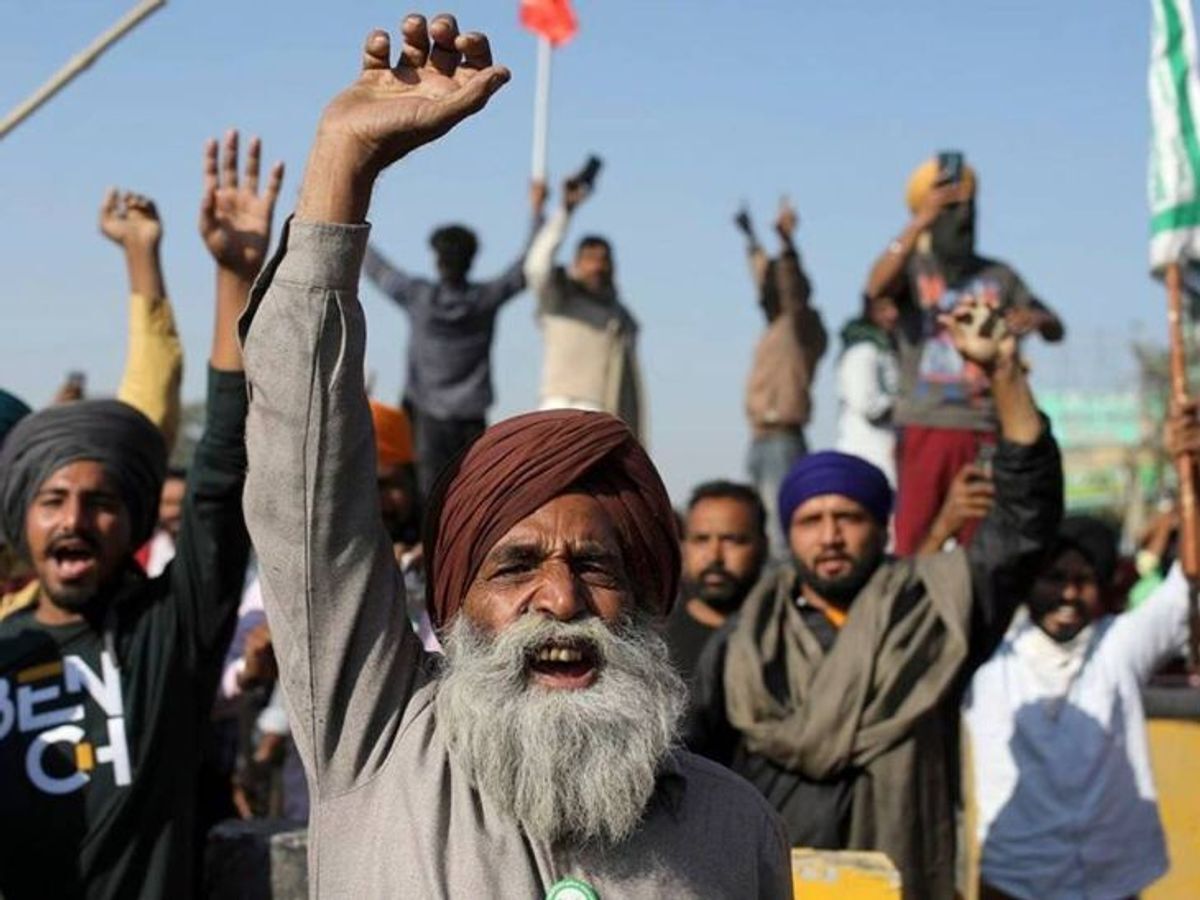Happy ending?

The victory of protesting farmers at Delhi borders fosters the conviction that the Gandhian idea of nonviolent protest continues to breathe within Indian society. The idea of punishing oneself to appeal to the conscience of the 'oppressor' did wonders some 75 years ago — leading to the birth of the Republic of India. It is delivering wonderful results even today as farmers are set to head back to their homes after a successful campaign. The beauty of the protest path followed by Indian farmers is that they now hold their protest site so dear that many are expressing their nostalgic association with the place. All the predictions made 14 months ago, when the historic protest was still in its infancy, that the crowd will wither away in some time, have turned completely futile. After fighting for over a year, farmers appear to have developed a love for their 'battlefield'. This heartening irony is possible only in Gandhi's India. The decision to end the protest has to be made because all the demands of the farmers have been 'fully resolved'. While packing back for home the question that must have resonated among the farmers is: what next? The woes of the farming community are far from over. Will the farmers' union continue their struggle? They are well-positioned to do so. What does the farmers' protest leave behind for the farming community? It has, in the first place, given farmers a taste of victory, which they should continue pursuing. It has given them an organization in the form of Samyukta Kishan Morcha — which has vowed that it will continue in future. They have even fixed further dates and schedules to assess the progress made towards the fulfillment of their demands. Most importantly, it has given the farmers a sense of hope and confidence that has been lacking all throughout the past decades. The fact that a large, but deprived, section of Indian society has exemplified that they could stand up and influence the policies that will govern their lives is a jewel of Indian democracy. Farmers have clearly laid out a path across thickets for themselves that would show them a little hope towards ending the decadelong agrarian distress. In the most immediate terms, farmers face the challenge of getting the remaining demands accepted. While the issue of providing legal Minimum Support Price is debatable, the problems that the farmers face on account of non-selling or selling of crops at low prices are indisputable. If legal backing for MSP is not found feasible by experts, then the government must look towards other concrete measures that would ensure substantial remuneration for the labor that farmers put into while growing the crops. On the positive side, the government now has a representative body of farmers, after taking insights from which, it can devise a plan for securing labor return for farmers. For the time being, the government has given a written assurance that it will continue purchasing crops at MSP in a 'vaguely worded' letter. In the longer run, a larger agrarian crisis awaits in large parts of rural hinterland in different parts of the country with a variegated universe of issues of their own. Lest a perception is formed that repeal of farm laws and resolution of MSP issue would serve as major game changers for the distressed farm sector across the nation, it would be pertinent to mention that bigger region-wise issues continue to face complete neglect. Farmers in Central India face the double whammy of alternating water scarcity and floods. In Uttar Pradesh, the problem for the farmers comes in the face of overwhelming payment dues. Farmers in Bihar have their own set of woes. A comprehensive reform has been long overdue in the farm sector. Though the government's effort to usher in reforms have turned void due to discontent among the farmers, the urgency for reforms cannot be ruled out. The yearlong hostility between the farmers and the government must not act as a deterrent towards bringing in reforms. Rather, the end of impasse should serve as a basis for feedback-driven farmer-centric reforms. It would be very useful if the ambit of organizations like Samyukta Kisan Morcha is expanded to include the farmers from different states with their different set of problems. This expanded universe will reflect more holistically on the woes of farmers and suggest policy recommendations. Let the union of farmers thrive for the betterment of the nation. If it manages to improve the socio-economic situation of the farmers in future, it would be a great example of bottom-up approach towards community development.



